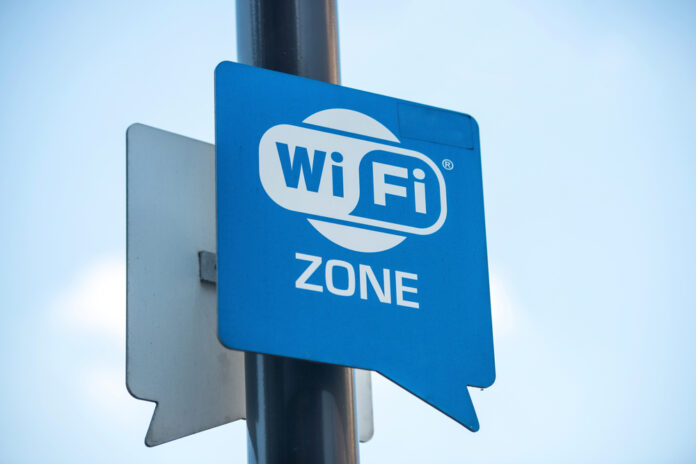The Private Sector Advisory Council (PSAC) urges the government to set aside at least P240 billion to help boost the country’s internet infrastructure.
The advisory group also proposed an annual allocation of at least P60 billion for the Department of Information and Communications Technology (DICT) to lease towers, build last-mile facilities and optimize telco facilities providing internet access in 125,000 public facilities, including schools, hospitals, and health centers, over a four-year period.
It is also exploring ways for government and the private sector to come to a commercial agreement in building 35,000 new cell sites.
This has relevance to government having set ambitious connectivity targets increasing the country’s internet penetration rate to 65 percent from 33 percent and make the service more affordable to Filipinos.
Government spending on internet infrastructure historically had been on the low end given, for example, the DICT’s budget for internet infrastructure of only P7.6 billion for six years from 2018 to 2024.
PSAC emphasized the importance of the full and consistent implementation of Executive Order 32 that Malacanang issued last year to streamline and expedite the permitting process for telco infrastructure, acknowledged as a roadblock to network expansion. These are essential steps toward achieving comprehensive national coverage by 2028.
During his “State of the Internet” presentation, Ernest Cu, Globe president and chief executive, shared the PSAC’s proposed legislative and policy measures to support the digital infrastructure sector. The measures include streamlining the permitting process, energizing telco towers, rationalizing spectrum user fees, and amending the national building code to exempt telco and ICT facilities from lease fees in buildings and other developments.
“Telco and the internet must be widespread, robust, and meaningful, enabling full participation in the digital economy. Currently, policy gaps hinder expansion into rural and underserved areas,” Cu said.
Henry Aguda, president and chief executive of UnionDigital Bank and leader of PSAC’s digital infrastructure sector highlighted the importance of digital infrastructure in promoting economic growth, especially in terms of creating employment opportunities in the digital sector. The Information Technology and Business Process Management (IT-BPM) industry aims to create one million jobs in the digital field by 2028.
“There must be collaborative efforts between government agencies, particularly the Office of the President and DICT, and the private sector, to equip the workforce with essential competencies for the digital era,” Aguda explained. “We advocate for a Presidential directive to ensure that all relevant agencies are fully aligned in executing all training and job promotion activities to achieve this ambitious job creation target.”
PSAC’s proactive approach aims to position the Philippines as a leading digital economy in Southeast Asia, with strategic enhancements to the country’s internet infrastructure ensuring that all Filipinos benefit from digital advancements.







